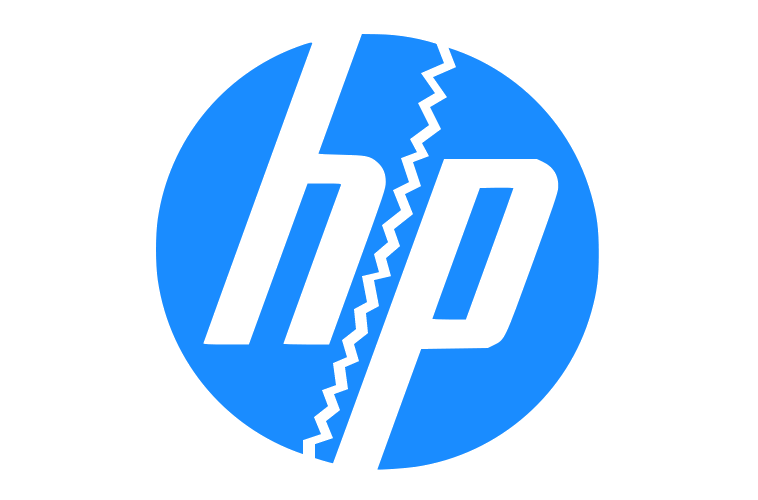HP is to split in two to give it more of a fighting chance in today’s IT market, separating its enterprise business from the PC and printer business.
HP announced that the PC and printer divisions will be separated from the better performing corporate hardware and services business, with current CEO Meg Whitman taking charge of the latter. This confirmed earlier reports in the Wall Street Journal and elsewhere.
And then there were two
Hewlett-Packard, once the world’s largest PC maker, has been going through something of a rough patch for the past decade, threatened by aggressive Chinese rivals and failing to take advantage of the mobile revolution.
Hoping to reverse its fortunes, the company entered a long period of restructuring under Meg Whitman, who replaced Leo Apotheker as the company’s CEO in 2011. Ironically, today's decision to split off PCs and printers is very similar to Apotheker's 2011 attempt to sell off the PC business - an idea so unpalatable three years ago that it led to Apotheker's removal from the CEO role.
Not everything has been going according to plan under Whitman: HP smartphones promised in 2012 are yet to materialize. Meanwhile, the total number of lay-offs under the new CEO is expected to reach 29,000 by the end of the year.
The company’s August results were less than stellar, despite an improvement in PC sales.
Shareholders get their way
The decision to split into two publicly traded companies was strongly urged by shareholders, and greeted with a seven percent rise in the HP share price.
Under the new arrangement, Whitman will lead the newly established ‘Hewlett-Packard Enterprise’ while remaining the chairwoman of the PC and printer business. Dion Weisler, the executive vice president of HP's Printing and Personal Systems, will be appointed as the CEO of HP Inc. to handle more consumer-oriented technology.
A few weeks ago, several reports claimed that HP considered a merger with storage giant EMC, but the deal fell through over financial terms.
HP continues its legal fight against Autonomy, a British software company it acquired during Apotheker's tenure, for more than US$11 billion in 2011, accusing it of altering the financial records to inflate the price.
Last week, eBay announced its subsidiary PayPal will be spun off as an independent, publicly traded businesses by the second half of 2015, after receiving a blessing from the board of directors. The decision was motivated by a belief that companies with a narrower focus perform better and are not slowed down by less developed parts of the business.

